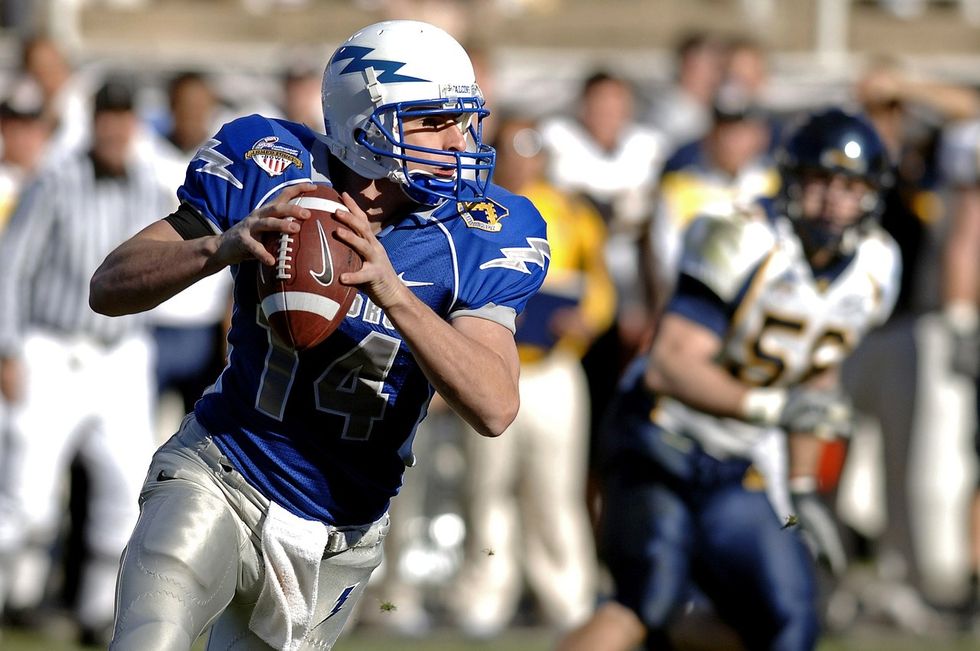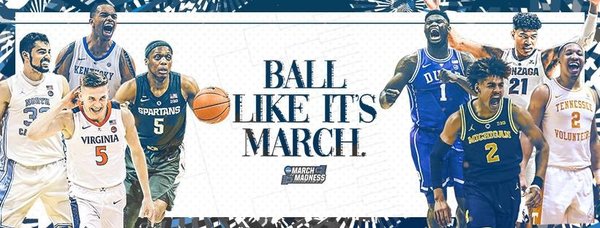The topic of whether or not college athletes should be paid is a complex topic considering how much money large sports such as basketball and football can make. However, the idea of "play for pay" is not feasible at all. There are reasons why student athletes are considered "amateurs" and the idea of paying student athletes is not even feasible with Title IX. The biggest reason is, for many schools, that their athletics do not make enough money for every athletics team to be paid from anything other than the University or College's operating budget. Another argument as to why college athletes should not be paid is based on fairness.
Rutgers University is a perfect example of losing money, in the 2016 fiscal year Rutgers Athletics spent $99.2 million on athletics and had a $47.4 million loss. The deficit was made up by a $21.3 million in support from the university's operating budget, $11.8 million in student fees, and a $14.3 million internal loan. A major University like Rutgers losing out on that much money is a killing blow to the idea paying student athletes. As well, for most schools, college football is a school's largest funded sport and usually has the best chance to make the school some money with Texas A&M's football team making a $107 million profit from their football team in 2017. However, for every Texas A&M, there has to be a Rutgers as in 2016, the football program had a deficit of $8.2 million, the largest loss in program history. So just like the action on the field, in terms of financials there are winners and losers as well.
In terms of the argument of fairness; a Division 1 men's football player brings in way more revenue than a women's lacrosse player, however, because they are both college athletes at the same university, they should be entitled to the same amount of pay. This is the final and killing blow into why student athletes should not be paid. According to Title IX "No person in the United States shall, on the basis of sex, be excluded from participation in, be denied the benefits of, or be subjected to discrimination under any education program or activity," this means that in college athletics there must be an equal number of female athletes as male athletes and they should be subject to equal attention and funding. However, as anyone could guess, women's college golf is nowhere near the profitability of men's basketball. However, they are entitled to the same pay as they both represent the school. As well, if the NCAA passed the rule to pay athletes, they would then have to set a standard of how much players are entitled to, and this alone could cause issues as they would have a very difficult time determining how much athletes are worth and what they deserve while making it possible for all universities to pay student athletes. This all makes it incredibly difficult to pay student athletes and is generally a waste of time for both schools and the NCAA.
In conclusion, student athletes should not be paid, and the argument is not about whether they deserve it. Student athletes work incredibly hard and do a lot for college branding. However, the argument is about fairness and feasibility and paying student athletes is almost impossible to gauge including both of those things. Financially paying student athletes just does not make sense and, in most cases, universities who already lose money due to athletics will only suffer more with having to pay players on top of their athletic investments. Although they work hard enough to earn money, student athletes should remain as "amateurs."

















